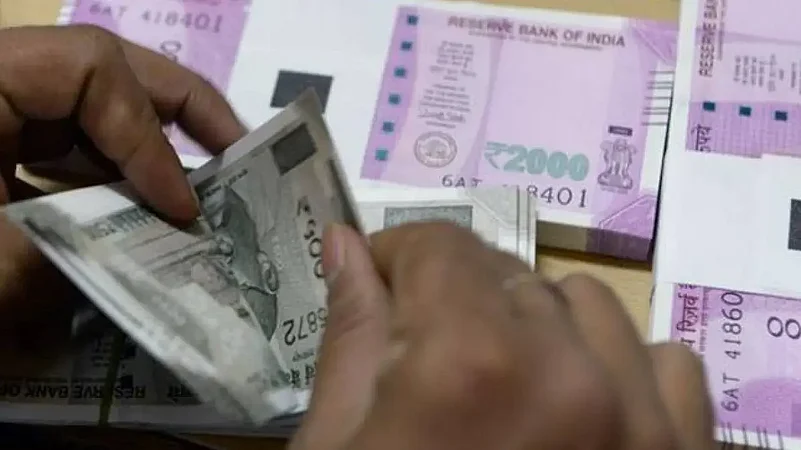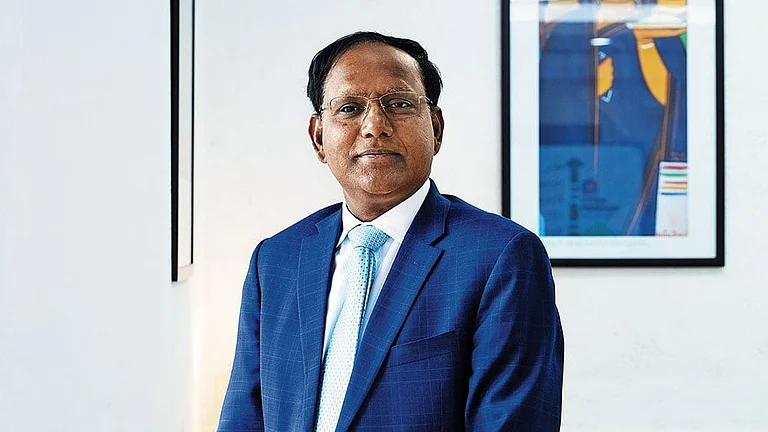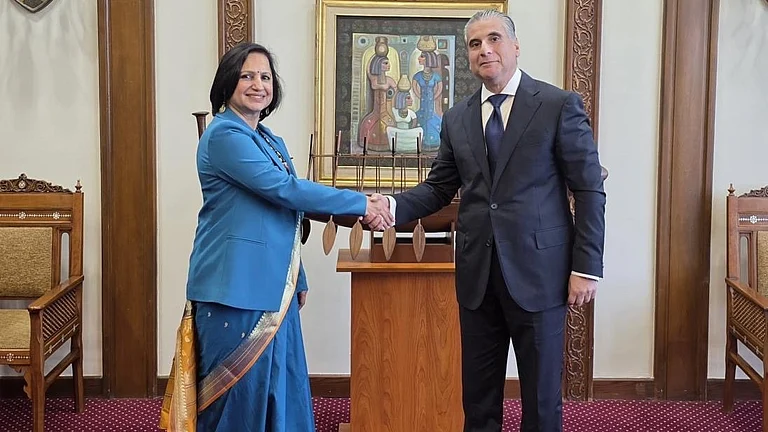Fundraising through emerging investment instruments -- REITs and InvITs -- plunged 59 per cent to Rs 22,145 crore in 2021-22 primarily on account of uncertainty around the world and volatility in the stock market.
In comparison, Rs 54,731 crore was raised in 2020-21. Prior to that, Rs 11,496 crore was mobilized through these avenues in 2019-20, data with the Securities and Exchange Board of India (Sebi) showed.
The funds were raised through initial offer, preferential issue, institutional placement and rights issue. The total fundraising also included money collected by unlisted InvITs, Sebi noted.
REITs and InvITs are relatively new investment instruments in the Indian context but are extremely popular in global markets.
While a REIT comprises a portfolio of commercial real assets, a major portion of which is already leased out, InvITs comprise a portfolio of infrastructure assets such as highways, and power transmission assets.
"Uncertainty around the world and volatility in the stock market are some of the reasons why fundraising through these avenues went slow in recent times," Harshad Chetanwala, Co-Founder at MyWealthGrowth.com, said.
He, further, said that many investors including institutional investors would like to assess the current situation and may be open to investing once overall things start settling down. Some institutions have delayed their InvIT at present, they have plans to come up with the launch when the risk appetite and sentiments of investors improve.
"Inflation and a bad track record of infrastructure projects in India could be why some of the funding has dried up. Margins in the real estate and infra projects are bound to be lower on account of rising inflation and cost of capital going up," Nikhil Kamath, Co-founder, True Beacon, and Zerodha, said. Vijay Singhania, Chairman, TradeSmart is of the view that money should be raised when it is easily available and not when you need it. The fiscal year 2020-21 saw world economies floating in money with negative interest rates in advanced countries. Taking advantage of this scenario, REITs and InvITs raised Rs 54,761 crore.
"But as interest started rising and investors had other avenues to park their funds, these investment trusts decided to slow down on their fundraising plan and raised only Rs 22,145 crore in FY 2021-22. Though the number of issuances increased, the ticket size was smaller as the real estate market picked up speed, leaving few opportunities for these trusts to invest in," he said.
Of the total Rs 22,145 crore, a major chunk or Rs 21,195 crore was collected through InvITs and the remaining Rs 950 crore was mobilized by way of REITs.
While the share of REIT in funding raised during FY22 was marginal, it depends on the size, dilution and pipeline of each category in any given year, which keeps changing.
Typically, REITs could be smaller versus InvITs which house large infrastructure assets like power transmission, toll roads etc, Jatin Khemani, CFA, Managing Partner, and CIO, Stalwart Investment Advisors LLP, said.
"We could have seen more REITs had there not been a pandemic that brought its own share of challenges for commercial developers and also softened interest by the investing community. However, as normalcy resumes, the pipeline will keep building up while the awareness and popularity regarding these vehicles rise too," he added.
In terms of issuance, the mode of fundraising by REITs and InvITs rose to 11 during the period under review from 5 in 2020-21. At present, 15 InvITs and four REITs are registered. Of these, seven InvITs and three REITs are listed on the stock exchanges.
REITs and InvITs are innovative and smart ways for developers to monetize a part of their commercial and infrastructure assets. These are otherwise long gestation assets and these vehicles provide an opportunity to release capital to reinvest in new projects.
For investors too, this provides an avenue to participate in income-generating assets which are otherwise beyond one's reach given the size and complexity of managing operations.
Going ahead, these vehicles would now be able to attract incremental investments as 2021's Budget permitted them to raise capital from foreign portfolio investors, Khemani said.
Moreover, experts expect that these investment vehicles will become popular among investors on several policy decisions taken by Sebi.































